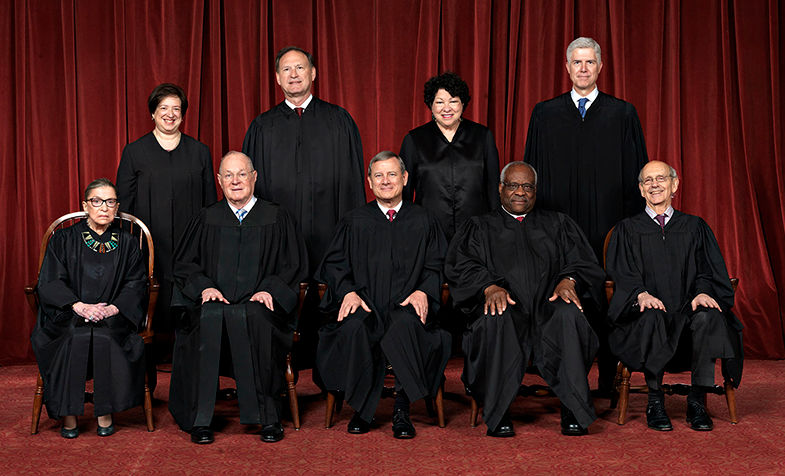Maybe I have a sick sense of humor.
But I laughed at the irony of this NYT story about how Edward Snowden used a web-crawler to scrape data from the NSA’s servers.
In paragraphs 28 and 29 (of 29), Defense Intelligence Agency head Michael Flynn admits what he has avoided admitting in public hearings: he has no fucking clue what Snowden took.
The head of the Defense Intelligence Agency, Lt. Gen. Michael T. Flynn, told lawmakers last week that Mr. Snowden’s disclosures could tip off adversaries to American military tactics and operations, and force the Pentagon to spend vast sums to safeguard against that. But he admitted a great deal of uncertainty about what Mr. Snowden possessed.
“Everything that he touched, we assume that he took,” said General Flynn, including details of how the military tracks terrorists, of enemies’ vulnerabilities and of American defenses against improvised explosive devices. He added, “We assume the worst case.”
DOD doesn’t actually know what Snowden took. They know he had access to a bunch of files on military operations.
But that leaves open the question of how Mr. Snowden chose the search terms to obtain his trove of documents, and why, according to James R. Clapper Jr., the director of national intelligence, they yielded a disproportionately large number of documents detailing American military movements, preparations and abilities around the world.
But DOD doesn’t know whether he just touched them, or took them with him. It doesn’t know whether he deleted any he took before turning them over to journalists.
For his part, Snowden says DOD’s claims he deliberately took military information are unfounded.
In his statement, Mr. Snowden denied any deliberate effort to gain access to any military information. “They rely on a baseless premise, which is that I was after military information,” Mr. Snowden said.
Snowden suggests any military information he got, he got incidentally. DOD will just have to trust him.
Nevertheless, DOD will assume the worst because that’s the only way to protect DOD equities — and indeed, the lives of our military service members (that is, if Flynn’s claims are true; given his track record I don’t necessarily believe they are).
The necessity of protecting people and secret plans because of a potential risk is actually not funny at all. Indeed, it points to the problem inherent with bulk collection conducted in secret: Those potentially targeted by it have to assume the worst to protect themselves.
Mind you, if Sam Alito were a fair and balanced kind of guy, he’d tell DOD to suck it up. The risk of this bulk collection inflicting harm on military operations is speculative.
Respondents’ claim of future injury is too speculative to establish the well-established requirement that certain injury must be “certainly impending.”
But I think Alito is wrong. I definitely don’t fault DOD for adjusting to potential risks given the lack of certainty over which of their most sensitive secrets bulk collection has compromised.
If it is a problem that Snowden touched or maybe even incidentally collected data that could cause DOD great harm — if it is understandable that DOD would assume and prepare for the worst — then NSA needs to shut down its own indiscriminate scraping of data from all over the world. Because it is imposing the same kinds of risk and costs and worries to private individuals all over the world.
Update: Eli Lake got sources who received DIA’s briefing on their Snowden report to distinguish between what DIA knows and what they’re just assuming.

